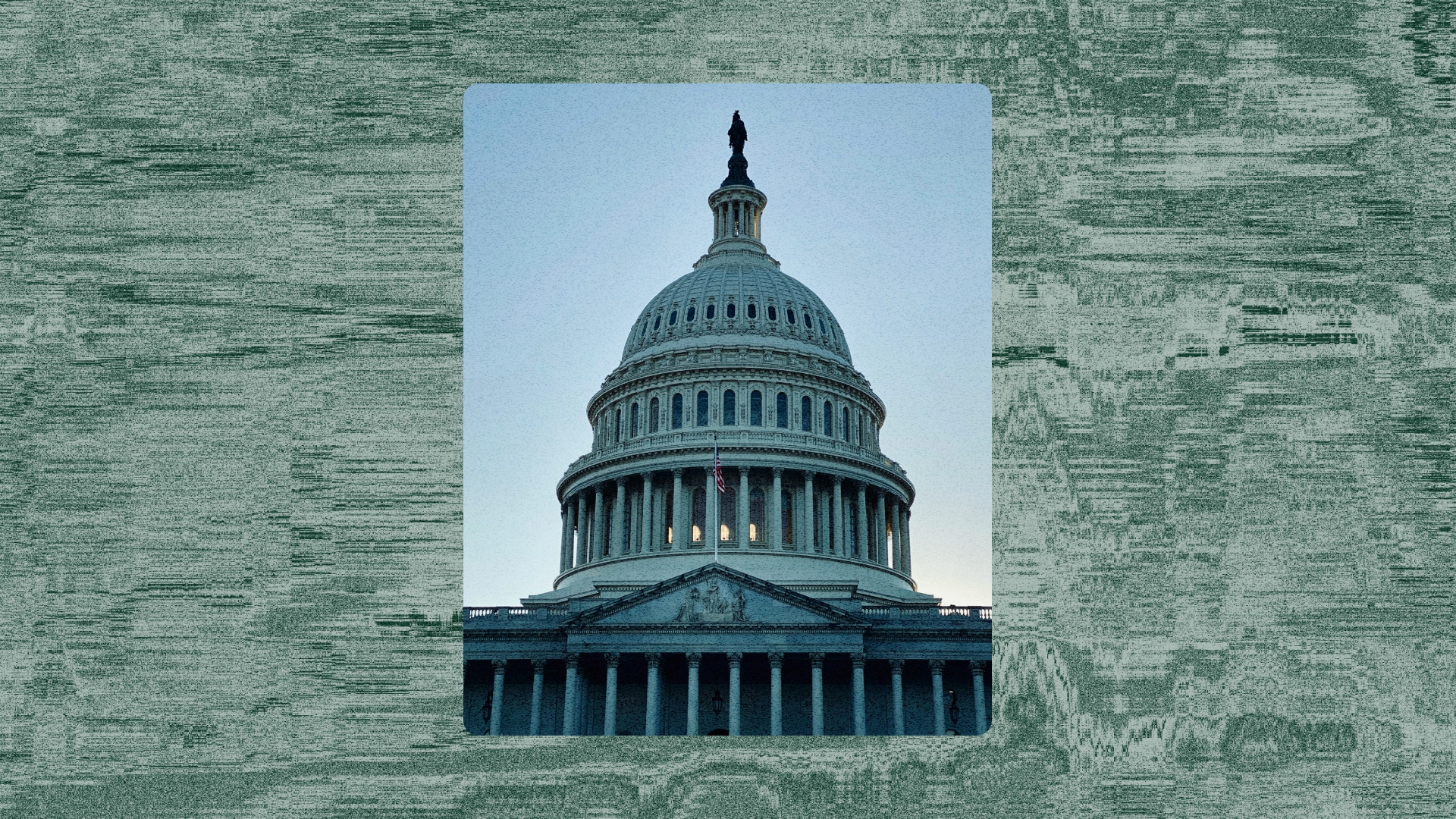
.svg)
The U.S. government has officially entered a shutdown after Congress failed to reach a deal on funding, triggering furloughs for hundreds of thousands of federal workers. While not all agencies close, many functions pause or slow down. Here's what immigrants, families, and employers need to know about how immigration processes are affected.
What Continues as Normal
- USCIS processing: U.S. Citizenship and Immigration Services (USCIS) remains open because it is primarily funded by filing fees, not annual appropriations. Green card, naturalization, and work permit applications should continue moving forward.
- Customs and Border Protection (CBP): Ports of entry stay open, and travel in and out of the U.S. continues. Border inspections are considered essential services. However, applications filed directly at the border may see delays.
- Consular services: Visa and passport operations at U.S. embassies and consulates are also fee-funded. For now, they remain open, though some posts may experience staffing shortages or delays if the shutdown drags on.
What May Be Disrupted
- Department of Labor (DOL): This is the main challenge for employers. Labor Condition Applications (LCAs) and PERM labor certifications — required for H-1B and green card filings — are processed by DOL and may halt during the shutdown. Cases already submitted to DOL but not yet certified may remain in queue, but processing will pause until systems come back online.
- E-Verify: The federal government’s E-Verify system is back online after a weeklong outage caused by the shutdown. USCIS restored access late on October 7, though it’s unclear how long the system will stay operational or how it was brought back online.
- Longer-term consular services: If the shutdown is prolonged and fee funding at certain posts runs out, embassies and consulates abroad may scale back to handling only emergencies and diplomatic visas.
{{tip-component-2}}
Immigration Courts and Enforcement
- Immigration courts (EOIR): Hearings for people in detention continue. Non-detained cases are usually rescheduled after the government reopens.
- ICE and SEVP: Immigration and Customs Enforcement operations continue, and the Student and Exchange Visitor Program (SEVP) remains open since it is fee-funded.
How Long Could This Last?
Shutdowns vary in length:
- The 2018–2019 shutdown lasted 35 days, the longest in history.
- A 2013 shutdown lasted 16 days.
- Others have ended in just a few days.
No one can predict how long this one will last, but both immigrants and employers should be prepared for potential delays if it extends. Past short shutdowns (under a week) typically resulted in minimal disruption to most immigration processes, while longer shutdowns created more significant backlogs, particularly for DOL-dependent filings.
What You Can Do Now
For immigrants and families:
- Expect USCIS cases to keep moving. Continue attending biometrics appointments and interviews unless you receive a cancellation notice.
- If you have a pending visa appointment at a U.S. consulate, monitor embassy websites for updates in case of reduced services. Check for updates at least every few days.
- If you have an immigration court date and are not in detention, check EOIR’s website daily to see if your hearing is postponed.
For employers:
- Download copies of any submitted but uncertified LCAs before DOL systems go offline.
- If you plan to file H-1B, E-3, or PERM cases soon, prepare documents now so you’re ready to file as soon as systems reopen.
- If E-Verify is unavailable, continue completing I-9s within required timeframes and use the government’s alternate document review process.
Bottom Line
Most immigration processes, including green cards, naturalization, and work permits, will continue as usual during the shutdown. The main impact falls on employer filings that rely on Department of Labor systems, which may pause until funding is restored.
Boundless will continue monitoring agency updates and provide guidance as the situation develops.
{{cta-component-horizontal-aligned}}
USCIS announced that it will show flexibility for certain visa extensions or changes of status delayed by the shutdown.
“If an H-1B, H-2A, H-2B, or CW-1 petitioner meets all other applicable requirements and submits evidence establishing that the primary reason they did not timely file an extension of stay or change of status request was due to the government shutdown, we will consider the government shutdown an extraordinary circumstance beyond the petitioner’s control,” the agency stated.
Employers should document any shutdown-related delays and include proof when submitting affected filings once systems reopen.
.png)
Easy. Online. Immigration.
Take our short visa planning quiz to get started.
Easy. Online. Immigration.
Take our short visa planning quiz to get started.
.png)
.png)






.jpeg)


.svg)
.avif)